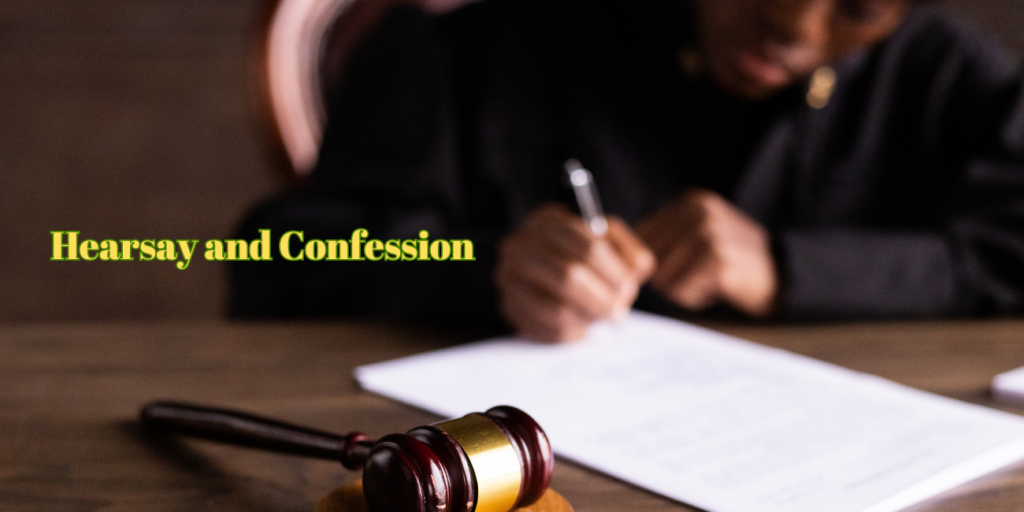
Hearsay Evidence: Hearsay evidence refers to statements made by a person who is not present in court but is offered as evidence by another person. Generally, hearsay evidence is not admissible, but there are exceptions to this rule as specified in the Indian Evidence Act.
Confession: A confession made by an accused person is a significant piece of evidence. The confession can be oral, written, or in any other form, and it must be voluntary, free from coercion, and made in the presence of a Magistrate.
The Act also outlines rules of examination and cross-examination of witnesses, the burden of proof, and the standards of proof required in different cases. Legal professionals and courts refer to the Indian Evidence Act to determine the admissibility and relevance of evidence in a particular case.
If you want to be a judicial officer and are looking for judiciary coaching in Jaipur, here, at Jyoti Judiciary we provide comprehensive study material to make your preparation solidified and topnotch. From preliminary mock tests, to mains answer writing sessions every material required for clearing the exam is provided. We have separate legal current affairs classes, legal general knowledge, current affairs classes all in one time enrolment. Hurry up.









